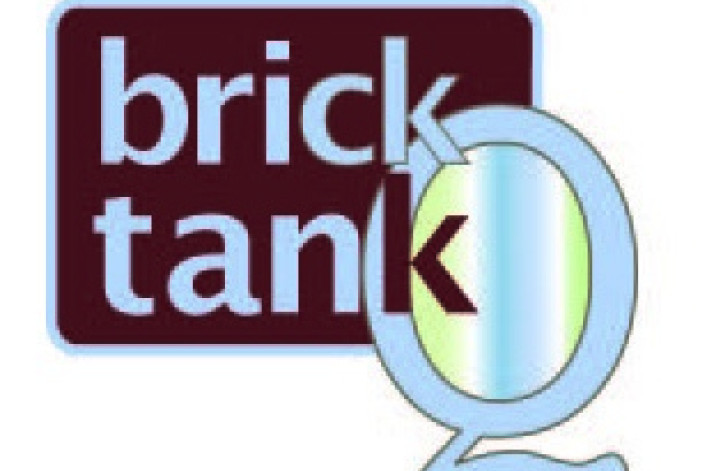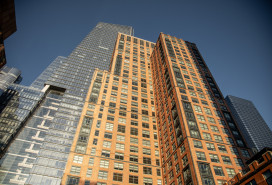Curing a dysfunctional co-op

Q. When I moved into my co-op nine years ago, there was a real sense of camaraderie among the residents and, it seemed to me, an ability to see past personal interests to forge compromises that best served the common good.
But over the past few years it feels as if things have deteriorated. Increasingly, neighbors seem unable to look past their own self-interest. It's not very pleasant, on the one hand, and it's really stymied progress on issues like the lobby renovation, a roof deck and revisiting our pet policy.
I guess I have two questions. One, this is my first co-op, so is the current situation the exception or the rule in NYC? And two, can it be fixed?
A. While dysfunctional buildings are not necessarily the norm in New York City, they are certainly common, according to our BrickTank experts.
“It frequently has something to do with the increasing wealth of the later purchasers and the higher purchase prices they pay,” says real estate lawyer and BrickTank expert Stuart Saft. People who pay more for their apartments usually push for upgraded amenities and services. Cue strife and unhappiness.
When a building turns toxic, communication is the antidote: Each group must learn to appreciate the needs and desires of the other.
“Longtime owners have to recognize that when the sell their apartments, they will benefit from the appreciation of the values, and the newer owners have to understand that there are people in the building on fixed incomes, so they need to be reasonable in their demands,” says Saft.
Town-hall-style meetings are an excellent tool for brokering peace.
“The goal is to provide a forum for all people to share their concerns and grievances honestly and without fear of repercussions,” says Elena Bayrock, director of the Safe Horizon Manhattan Mediation Center, a non-profit organization regularly contacted by residents of buildings where decision-making has come to a standstill or even plunged the building into a financial crisis.
Properly run, town hall meetings promote understanding and foster a sense of camaraderie, says Bayrock, who notes that people stop feeling disrespected if everyone has a chance to speak fully and be listened to without judgment.
“Only then may you see a shift where it becomes possible to focus on the future,” says Bayrock. “The meeting can then be used to explore what needs to be done to repair what has happened and lay out goals for community needs like the lobby renovation.”
Bringing a neutral facilitator to guide the conversation along productive channels can help. Besides defusing incipient shouting matches, the presence of a facilitator helps persuade residents that the dialogue is being taken seriously.
Bayrock's organization supplies trained facilitators at no cost.
“Neutral facilities are especially useful when tensions between the board and shareholders prevent a board member or a shareholder from effectively running the meeting without claims of bias,” she notes.
Trouble at home? Get your NYC homeowning questions answered by an expert! Send us your questions via our feedback form.

























